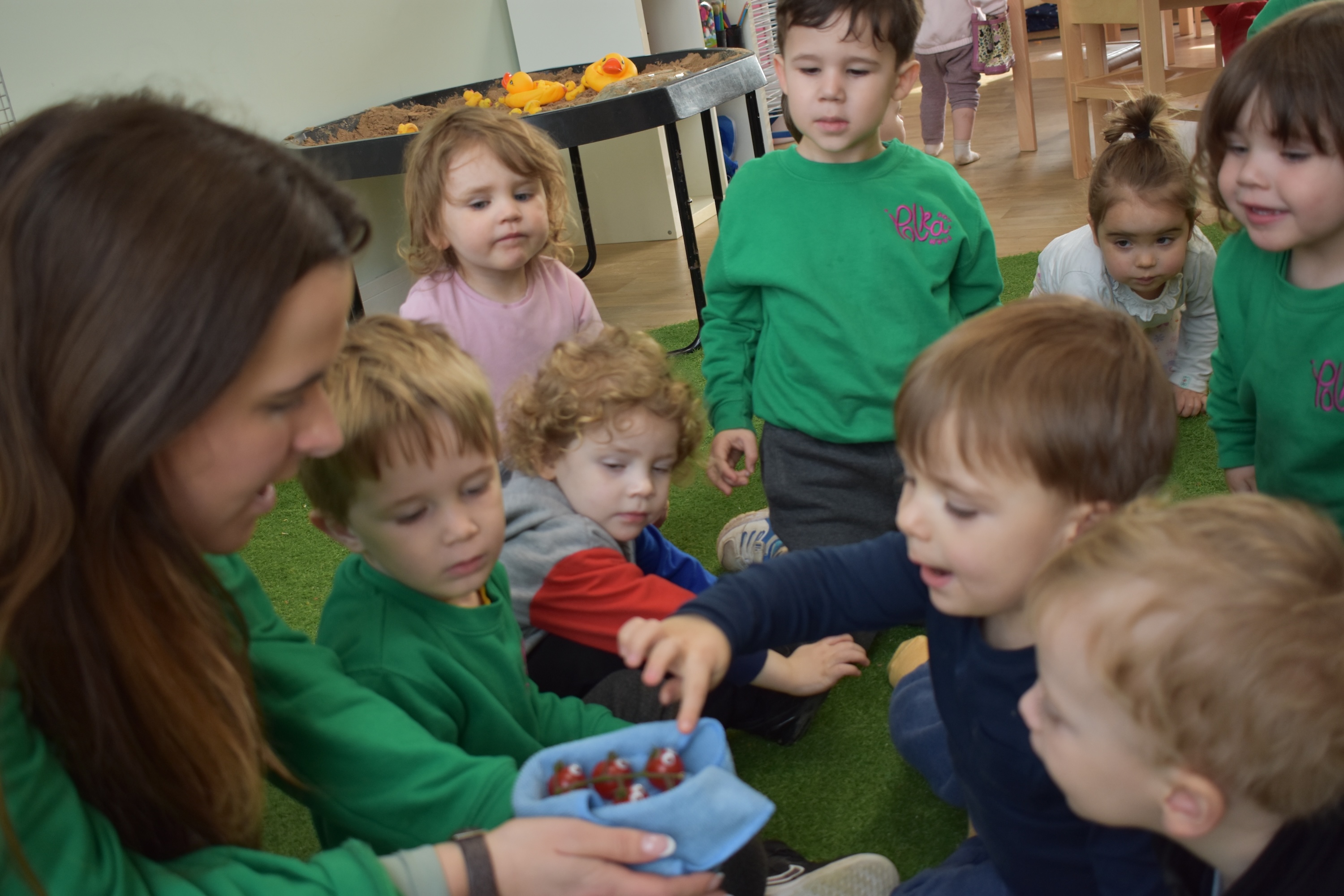Fostering Emotional Intelligence in Young Children: A Guide for Parents and Teachers in EYFS Education
Emotional intelligence is a cornerstone of effective EYFS education. Providing a safe environment for children to explore emotions and learn how to regulate them is an area of Personal, Social and Emotional Development within the EYFS. This is reflected in the Statutory framework for the Early Years Foundation Stage, page 8, childminder EYFS, and page 9, group and school-based EYFS, which states:
“Strong, warm and supportive relationships with adults enable children to learn understanding of their feelings and those of others. Support children to manage their emotions, develop a positive sense of self, set themselves simple goals, have confidence in their abilities, and to persist and wait for what they want, directing attention as necessary.”
Understanding and managing feelings and emotions, developing self-esteem, confidence and empathy, and building social skills are crucial for young children’s overall development. In this blog post, we’ll explore how fostering emotional intelligence can enrich EYFS education and enhance the learning experiences of preschoolers.
Why Emotional Intelligence Matters in EYFS Education
According to the Department of Education, understanding children's emotions is essential for interpreting their behaviour effectively. Within EYFS education, recognising that young children experience a wide range of emotions, but may struggle to express or process them like adults, is crucial.
Without developed emotional skills, children may find it challenging to learn and grow in key areas such as: Articulating their experiences, confidence and control, identity, empathy, resilience, self-acceptance, and self-awareness.
Research shows that from birth, children’s ability to self-regulate and manage their emotions is shaped by their experiences and the responses they receive from close adults. It is vital to address children's emotional needs within EYFS Education, even when these emotions are difficult to understand or elicit strong feelings.
Behaviour often reflects underlying feelings or emotions. To effectively support children in EYFS education, we need to approach them with empathy, guiding them to recognise and navigate their emotions enabling them to make sense of their feelings and fostering their overall emotional development.
Nurturing Empathy in EYFS Education
Empathy is a key component of emotional intelligence and a vital aspect of EYFS education. By encouraging children to understand and share the feelings of others, we help them develop meaningful relationships and a supportive learning environment.
One effective way to nurture empathy is through imaginative play. For example, Let’s Grow educational resources utilise nurturing fruit and vegetable babies to teach children about care and empathy. As children engage with these adorable characters, they learn to respond to the needs of the fruit and vegetable babies, which in turn helps them understand and manage their own emotions and needs.
Building Self-Awareness in EYFS Education
Self-awareness is another essential element of emotional intelligence in EYFS education. It involves recognising one’s emotions and understanding their impact on behaviour and learning.
To foster self-awareness, incorporate activities which help children reflect on their feelings. Let’s Grow’s interactive sessions allow children to observe and express their emotions by caring for their fruit and vegetable babies. This hands-on approach helps children connect their feelings with their actions, enhancing their self-awareness in a supportive and engaging way.

Developing Social Skills Through Play
Social skills are critical for successful interactions and are a major focus of EYFS education. Teaching children how to communicate effectively, resolve conflicts, and cooperate with peers can be greatly enhanced through play-based learning.
Let’s Grow provides resources that incorporate role-playing with the fruit and vegetable babies, offering children opportunities to practice and refine their social skills. Children build essential social skills by participating in group activities and problem-solving tasks.
Creating a Supportive Environment for Emotional Growth
A supportive environment is crucial for fostering emotional intelligence in EYFS education. This involves creating a space where children feel safe to express their feelings and are encouraged to support one another.
Utilise resources like Let’s Grow to create an enriching and emotionally supportive classroom. The programme’s activities are designed to enhance emotional intelligence by integrating play with practical learning experiences. This approach supports children’s emotional development and also holistically reinforces their learning.
Practical Tips for Supporting Emotions in EYFS Education
In EYFS education, effectively supporting children’s emotions involves empathy, warmth, and active listening. Pay attention to their body language, actions, and words, and reinforce the vocabulary to name and express their feelings.
Help children understand and manage their emotions by discussing their feelings and setting clear limits. For example, transitioning from simple emotional icons to more detailed expressions as children grow demonstrates their emotional development.
Consistently respond with recognition, empathy, and guidance. Use storytelling, drawing, and role-play to support self-expression and emotional understanding.
Create a cosy, conversation-friendly setting where children can explore and engage their senses. Set clear expectations and boundaries to help them learn about rules and safety.
Discussing how emotions affect you can also be beneficial.
How Let’s Grow Educational Resources Support Emotional Intelligence in EYFS Education
Let’s Grow combines imaginative play with practical learning. The fruit and vegetable babies in the programme are not just playful characters; they serve as tools for teaching emotional intelligence, self-awareness, and social skills. By engaging with these characters, children develop essential emotional skills. Settings currently using Let’s Grow have seen a direct correlation between using the resource and increased attainment within the area of Personal, Social and Emotional development.
Incorporating Let’s Grow into your EYFS education programme helps create a nurturing environment where emotional intelligence can flourish. Whether you’re a parent or educator, the resources will provide a comprehensive approach to fostering emotional growth in your young children.
👉 If you'd love to learn more about Let's Grow and how our resources can enhance and support you in your classroom through a balanced combination of technology and practical activities, sign up for our completely FREE Getting Started Guide !
- Free